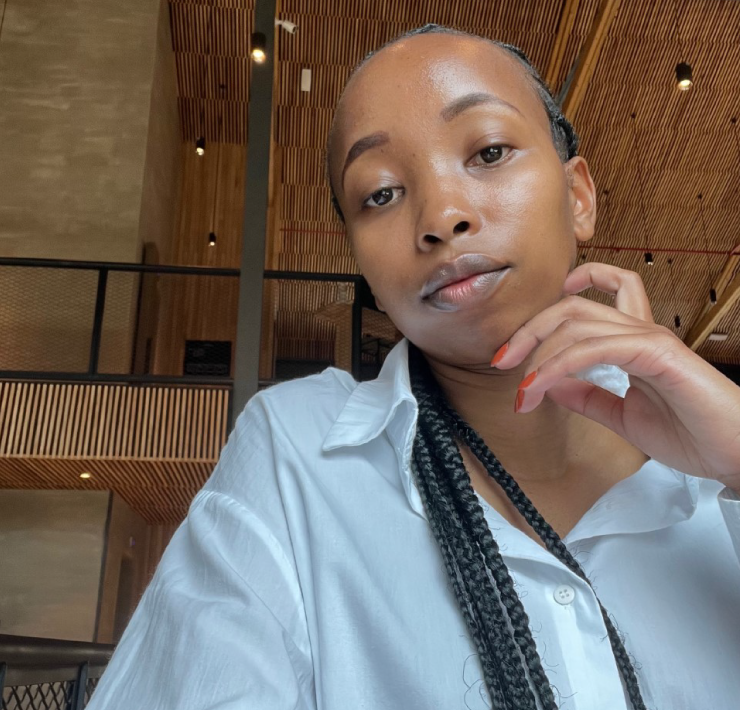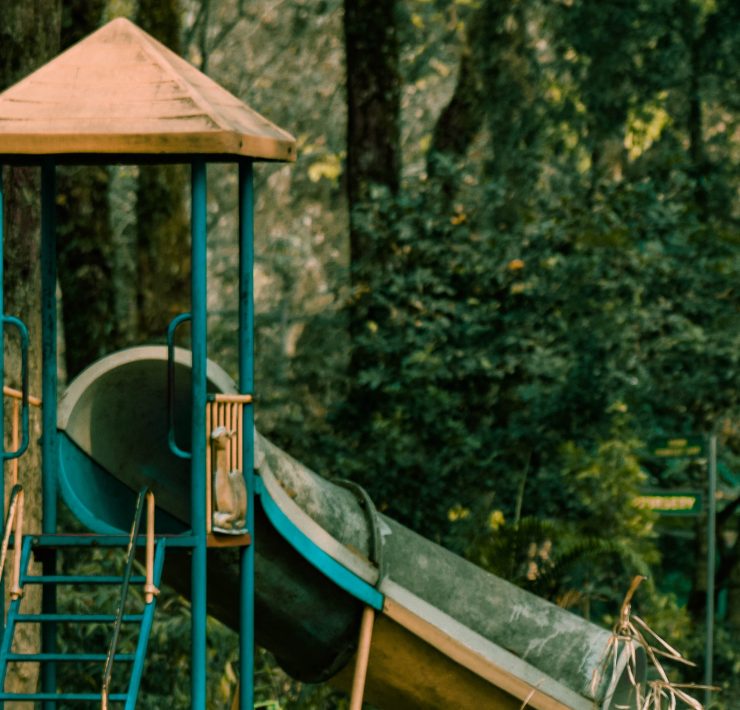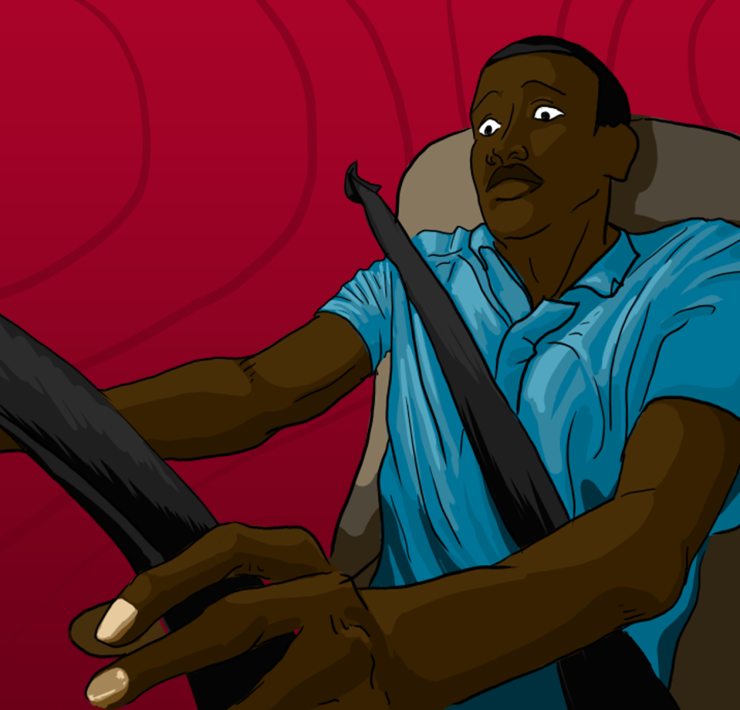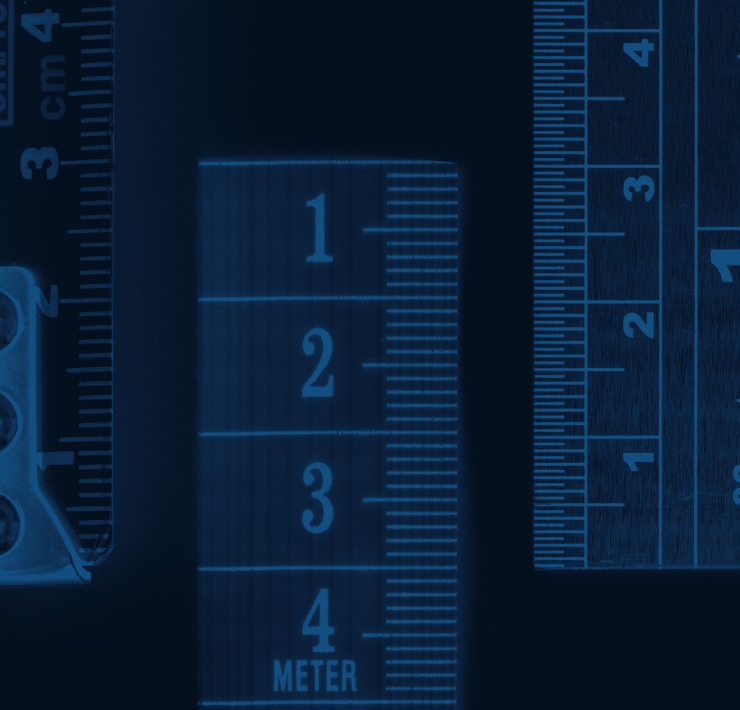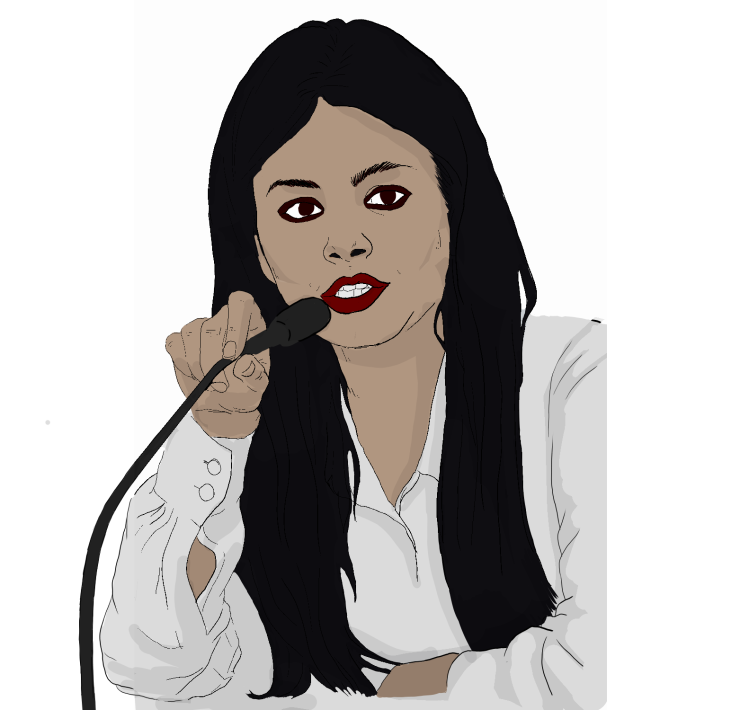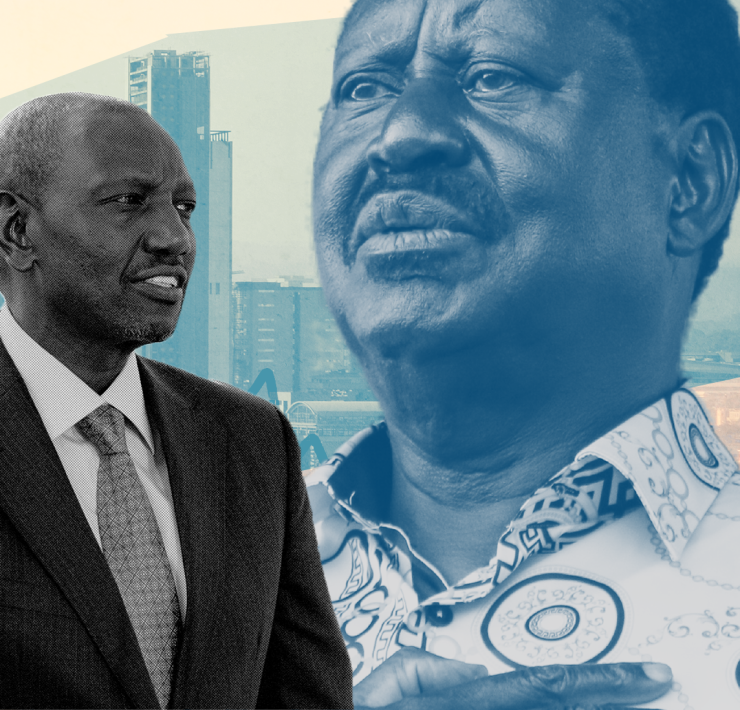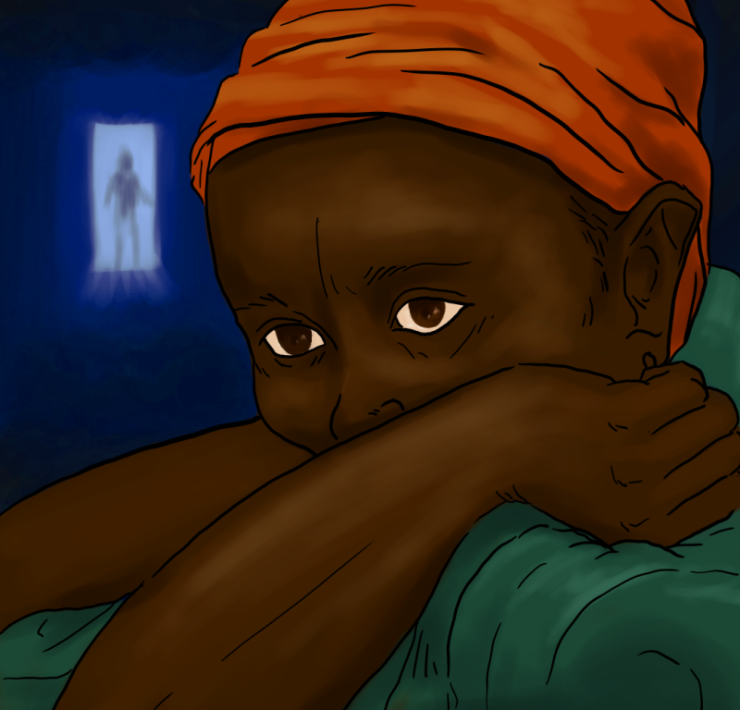I spent Monday this week waiting for an email that never came and that’s when I knew I had gotten rejected for something I really wanted. You know that feeling when you are constantly refreshing your email? When it pings with a new message and you rush to check it, except, once again, it’s not the one you want? And then 5 pm rolls around and you just know, ok, that’s that. The day has ended, the deadline has passed, that email is not coming.
Rejection is a bottom-tier human experience. It feels personal, even when logically you know it’s not. It feels as if somehow, this company, upon receiving your application, put your entire self under a microscope, investigated your life, replayed everything you’ve ever done/said/thought, and pronounced you unsuitable. Decided they could do better. It’s not so much your application they rejected. It’s you. As a person. Wow. Humbling, eh?
There are fewer things that suck more than knowing you are objectively not good enough for an opportunity. You can’t continue to delude yourself that you are the best because you have received feedback that you really aren’t, and they are giving that opportunity to someone else who is objectively better than you. You did not get it because you did not deserve it. Sit with it. I am not here to motivate you, by the way, but maybe I can validate your feelings.
I wonder if that feeling of unworthiness sparked by rejection is the same one that follows us into the opportunities that we do get, making us question whether we are any good at our jobs. A fun little exercise my friend and I participate in quite often is catastrophising our work lives. Our conversations go like “maybe this is the week I get fired. Lol”. Maybe this is the week they finally realise that I am a scammer, I add no value to the organisation, they have essentially been paying me for nothing.
Yeah, yeah, I know there’s a name for this. Imposter syndrome. Thinking you’re not good enough even if you objectively are. And I know that it’s something that women disproportionately experience. But also, is it imposter syndrome if not being good enough is not just an errant thought but a statement of fact?
So to take our fun little exercise even further, my friend and I began asking ourselves, what’s the worst-case scenario? What does absolute failure look like? Friend, it gets dark. For me it goes something like: I lose my job, then for some reason I become completely unemployable. I deplete my savings and can no longer afford to live in Nairobi so I move back to Meru to live in my mother’s house where by week two we are already at each other’s necks and have destroyed the relationship that we have so painstakingly built. I lose all my friends because they are in Nairobi having brunch and I am in the village learning about planting seasons. And then yeah, that becomes my life.
But you know what, human beings are resilient. We are the most adaptable species on earth. We can get used to absolutely anything. It’s simultaneously our best and worst quality. So if things truly went to shit, I know I can adjust. I hope you also know you can adjust.
So, go on, apply for the next thing, and if you get rejected, take it on the chin. Si ni life? While you’re at it play out your worst-case scenario. Stare into the abyss and maybe it will lose some of its edge. If you can imagine the worst then nothing can surprise you.
PS
I used to do this thing where I refused to make resolutions/ plans/ have any goals because if I don’t voice/write down a want then I can’t possibly be disappointed if I don’t get it, right? Until I came across a tweet that said, and I paraphrase because I can’t find the tweet, that just because you didn’t say you want something doesn’t mean you won’t get hurt when you don’t get it.
Christ. Would you just leave me alone?
Author
-
Jacqueline is an award-winning journalist and communications practitioner with a combined nine years’ experience in local and international newsrooms and the non-profit sector. She is a Chevening scholar and was the 2015 Kenyan winner of the David Astor Journalism Awards Trust. She has previously worked for Nation Media Group as a senior reporter, and has also reported for The Guardian in the UK and City Press in South Africa. She holds an MSc in Practising Sustainable Development from Royal Holloway, University of London. Jacqueline currently lives in Nairobi and works as a communications consultant and freelance journalist. Her favourite subject is people, in all their layers and complexities. She is a feminist and a supporter of social justice. She hopes to one day do a food tour of West Africa. Talk to her about books, cats, or travel.
Jacqueline is an award-winning journalist and communications practitioner with a combined nine years’ experience in local and international newsrooms and the non-profit sector. She is a Chevening scholar and was the 2015 Kenyan winner of the David Astor Journalism Awards Trust. She has previously worked for Nation Media Group as a senior reporter, and has also reported for The Guardian in the UK and City Press in South Africa. She holds an MSc in Practising Sustainable Development from Royal Holloway, University of London. Jacqueline currently lives in Nairobi and works as a communications consultant and freelance journalist. Her favourite subject is people, in all their layers and complexities. She is a feminist and a supporter of social justice. She hopes to one day do a food tour of West Africa. Talk to her about books, cats, or travel.

